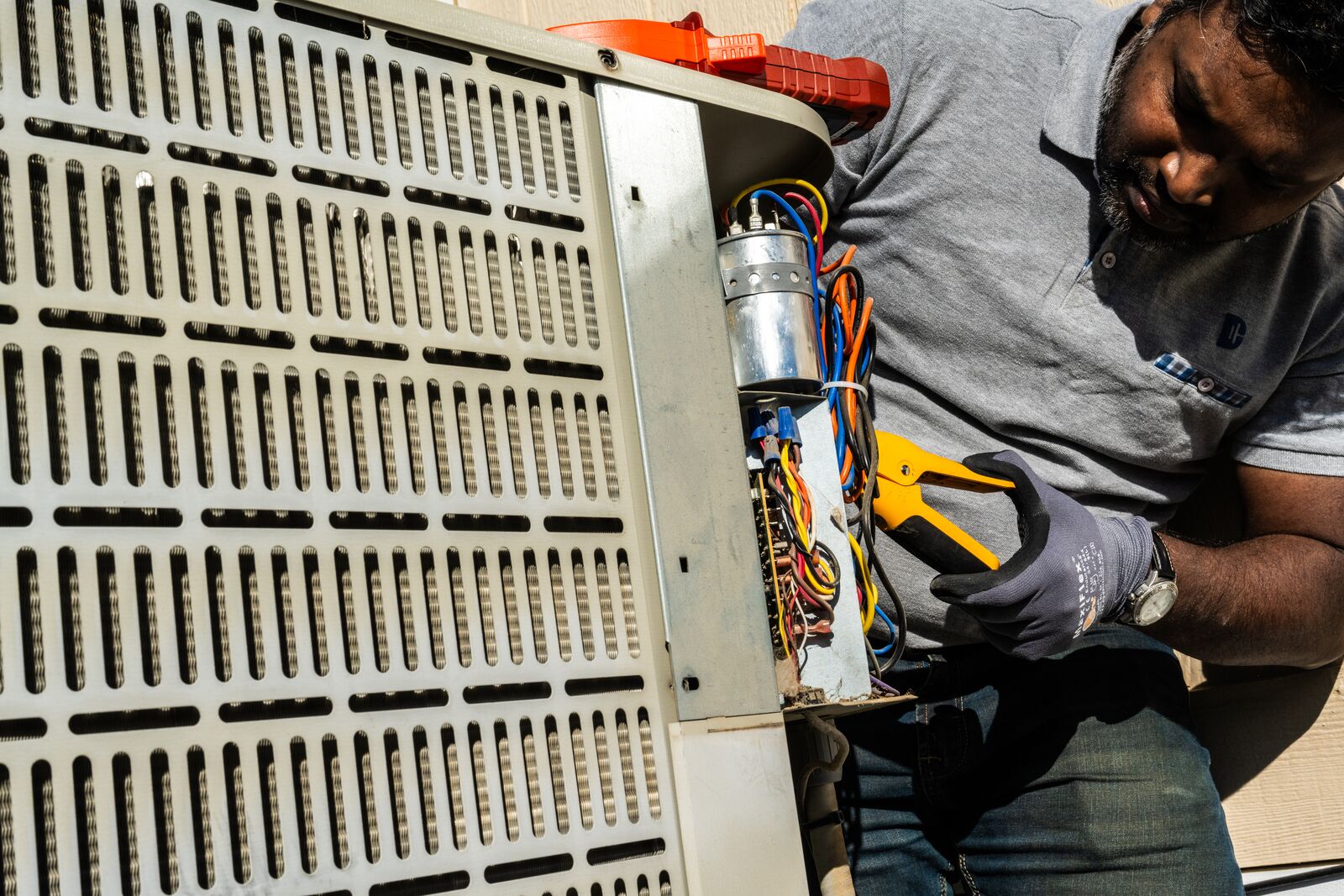- Recognition Categories
- Training Modules
- For Contractors
- Contact Information
HVAC

If you are a training provider or certification body interested in getting your program recognized in the heating, ventilation, and air conditioning (HVAC) category, follow the steps below to apply. If you are a contractor interested in earning Energy Skilled-recognized credentials, please visit the Energy Skilled for Contractors page.
Reach out to the Energy Skilled team via email with any questions.
Step 1: Check Your Eligibility
To be eligible for Energy Skilled recognition in the HVAC category, credential programs must:
- Provide individuals with a certification, certificate, degree, or license.
- Cover sufficient technical content as defined in the Scoring Tool (see Step 2).
Step 2: Self-Score Your Program
Self-score your program using the relevant scoring tool linked below.
Once completed, gather materials that support your self-scoring. This could include, but is not limited to, a syllabus, examination outline, learning objectives, course outlines, or certification requirements. You will upload all documents to the application form in the next step.
_________________________________________________________
Recognition is available for programs that build upon existing HVAC knowledge:
Heat Pump Installation
Heat Pump Comfort Advising
Currently, these are the only HVAC programs available for self-scoring; more options will be available by winter 2025.
_________________________________________________________
If your program does not cover sufficient technical content for recognition, refer to the Training Modules page for open-source training resources that can help fill some gaps. These materials are free to use and cover some of the latest technology advancements and popular knowledge areas.
Step 3: Submit Your Application
Click the button below to access and complete the Energy Skilled Recognition Application Form. At the end of the form, you’ll be able to upload your scoring tool and supporting documents. If you experience any technical difficulties with the form, please reach out to the Energy Skilled team via email.
The Energy Skilled team will confirm application receipt within one week, and the review should be completed within six weeks. The team will contact you if they need additional information.